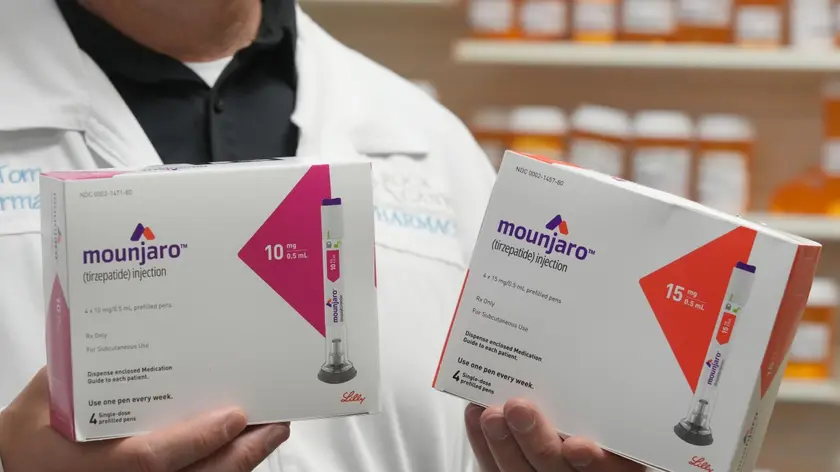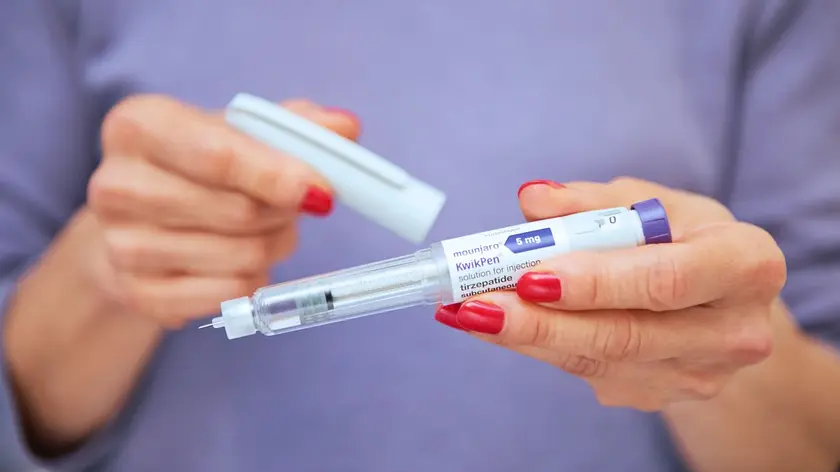T4K3.news
Weight loss jabs timing and NHS coverage
Experts discuss when to take injections to maximize results and minimize side effects as NHS coverage expands.

As weight loss injections gain popularity, experts stress timing and lifestyle choices to maximize results and minimize side effects.
Smart timing for weight loss jabs reshapes goals and limits
More than 1.5 million people in the UK use weight loss jabs. From June 2025, the NHS will cover Mounjaro for severely obese patients with weight-related health conditions. Private costs typically run 150 to 300 pounds a month. Trials show potential losses up to about 23 percent of body weight over 72 weeks, though side effects such as nausea, constipation, headaches and vomiting are common. The injections mimic GLP-1 hormones to curb appetite but do not prevent unhealthy eating.
Experts say timing matters. Appetite control is often strongest in the first days after an injection as the dose builds. Real-world results depend on everyday habits, not just the injection. Many people still struggle to lose weight because jabs do not replace healthy choices. The article also notes that scheduling around work or social events can help or hinder progress.
Key Takeaways
"For many people, the jab works best when they are used in a way that supports the users' lifestyle."
Prof Franklin on real-world timing.
"Consistency over time."
Key principle from Prof Franklin.
"If you miss a dose by a few days, take it as soon as you remember."
Guidance on resuming schedule.
"Weight loss injections help control appetite, but they don't override poor eating habits."
Limitations noted by Prof Franklin.
The article shows a shift toward medical management of obesity, with the NHS expanding access. It frames timing as a tool to fit a person’s life, not a shortcut. That mix of policy and personal responsibility carries risk: costs rise over time, and sharing burden may widen gaps between those who can access private care and those who rely on the NHS. The piece hints at a broader debate over how much weight loss should be funded publicly and who bears the cost in the long run.
Reporting also raises questions about what comes after the initial weight drop. Long-term efficacy, potential side effects, and the quality of life questions require more data. The coverage of experts like Dr Zoe Lees and Prof Franklin provides a human face to a policy issue, but readers should demand clear evidence and safeguards as programs scale.
Highlights
- Jab timing is a nudge not a miracle
- Consistency over time wins the long game
- Eat to feel full not to chase cravings
- You miss a dose you stay on course not give up
NHS rollout of obesity injections prompts budget and access questions
The expansion of NHS coverage for obesity injections raises concerns about long-term costs, equity of access, and how funding will be sustained as more patients qualify.
The line between medicine and daily behavior is now a shared health conversation
Enjoyed this? Let your friends know!
Related News

Weight loss jabs missteps may limit results

Mounjaro shows promise in reducing alcohol cravings

NHS to expand access to weight loss jabs

Weight loss pill nears NHS rollout

Dr Ellie Cannon health Q&A

Mounjaro price hike hits private buyers

Patients face challenges in accessing Mounjaro and Wegovy on the NHS

Weight loss drugs entering a new era
